
Vietnamese products are sold quite a lot in modern retail systems.
Agricultural products are "borrowing brands" for export
Currently, Vietnam has risen to the top 10 leading exporting countries in the world and is one of the top 20 countries in the world in terms of international trade scale. However, the sad reality is that most Vietnamese products, especially agricultural products, have to "borrow brands" to export. Statistics show that up to 70 - 80% are raw exports, low added value and 80% are not branded. In the processing and manufacturing industry, up to 95% of export value belongs to foreign direct investment (FDI) companies, which have their own global brands.
Ms. Phan Thi Thang, Deputy Minister of Industry and Trade, acknowledged that Vietnam's export turnover has increased continuously in recent years, and the growth rate has always maintained a double-digit level despite many fluctuations in the world economy. However, in the global trade value chain, Vietnamese products still exist mainly in the form of processing, low added value, the export rate is mainly through intermediaries, and very few products can be exported under their own brands. This stems from the fact that the brands of Vietnamese enterprises are still lacking and weak, unable to compete with foreign products.
According to Ms. Phan Thi Thang, the difficulties that Vietnamese goods are facing are challenges from increasingly high quality standards and requirements on the origin of goods in import markets, while protectionism tends to increase in many markets, along with the trend of sustainable development, carbon emission reduction and environmental protection in Vietnam's key export markets. With these challenges, most of Vietnam's small and medium-sized enterprises do not meet the standards, causing difficulties for businesses. Therefore, Vietnamese businesses that do not want to be eliminated from the market must quickly adapt, change and comply with the "rules of the game".
"Accordingly, businesses need to invest in development, build Vietnamese brands with good quality products, creative designs, focus on improving product quality, build sustainable Vietnamese brands to increase competitiveness in the export market, complete the puzzle in the national brand ecosystem, contribute to bringing the national brand to international level", Ms. Phan Thi Thang emphasized.

A Vietnamese clothing stall selling at the supermarket.
Mr. Nguyen Nhu Cuong, Director of the Department of Crop Production, Ministry of Agriculture and Rural Development, said, Currently, there are many countries importing Vietnamese goods in raw form, or investing in agricultural processing factories in Vietnam; then pre-processing, mixing, packaging under the brand of the manufacturing unit and then selling to the market at prices dozens of times higher... This is also a common situation of many agricultural exporting countries. However, building a country's own brand to "compete" with foreign countries is not an easy task.
"In terms of production, Vietnamese enterprises can do well but cannot ensure stable quality. Not to mention, agricultural products are different from industrial production, today there may be products but forever there will be none, so it is impossible to build a brand like industry. In particular, agricultural product prices are often unstable, making it difficult to build a brand. Therefore, to solve the above difficulties, Vietnam needs to create large-scale concentrated production areas, maintain stable quality of agricultural products, implement green and circular farming programs, have international certification to meet output standards for products...", Mr. Nguyen Nhu Cuong proposed.
Promoting greening of Vietnamese products
Mr. Nguyen Anh Duc, Chairman of the Vietnam Retailers Association, General Director of the Ho Chi Minh City Union of Trading Cooperatives, said that Vietnamese goods in the domestic market have now had positive changes and achieved many remarkable results. Specifically, Vietnamese goods are being invested in and developed in depth with many types of goods of high quality, reputation, and clear origin, thereby creating a special attraction for consumers.

Vietnamese enterprises introduce environmentally friendly products to foreign partners.
“Domestic trade and e-commerce have been creating strong momentum for Vietnamese goods to develop in line with world trends. Investments in logistics and transport infrastructure have also made important contributions to the supply capacity of Vietnamese goods, enhancing their competitiveness. In the world market, Vietnamese goods have also overcome difficulties and gradually won over consumers with their quality and competitive prices. In the long term, Vietnamese goods will gradually move towards “green” and at the same time take advantage of new opportunities such as free trade agreements to boost exports,” Mr. Nguyen Anh Duc added.
Meanwhile, Mr. Nguyen Ngoc Hoa, Chairman of the Ho Chi Minh City Business Association (HUBA), Chairman of the Board of Members of the Ho Chi Minh City State Financial Investment Company (HFIC), said that if Vietnamese goods want to have a foothold in the export market and go further, they need to find new factors for Vietnamese products, create new features for Vietnamese products and Vietnamese brands.
"Recently, the Bangladesh textile industry has succeeded in building the "green textile" brand. For Vietnam, for the greening process to take place, the most important thing is the vision of business leaders. Once the importance of the greening process is recognized, it must be affirmed that without greening, there is no future. Therefore, Vietnamese enterprises that want to develop sustainably must transform green, create soft internal strength for enterprises, and anticipate the future," said Mr. Nguyen Ngoc Hoa.
Source


![[Photo] Ho Chi Minh City speeds up sidewalk repair work before April 30 holiday](https://vstatic.vietnam.vn/vietnam/resource/IMAGE/2025/4/3/17f78833a36f4ba5a9bae215703da710)
![[Photo] Prime Minister Pham Minh Chinh chairs meeting after US announces reciprocal tariffs](https://vstatic.vietnam.vn/vietnam/resource/IMAGE/2025/4/3/ee90a2786c0a45d7868de039cef4a712)
![[Photo] A brief moment of rest for the rescue force of the Vietnam People's Army](https://vstatic.vietnam.vn/vietnam/resource/IMAGE/2025/4/3/a2c91fa05dc04293a4b64cfd27ed4dbe)
![[Photo] Prime Minister Pham Minh Chinh chairs the first meeting of the Steering Committee on Regional and International Financial Centers](https://vstatic.vietnam.vn/vietnam/resource/IMAGE/2025/4/3/47dc687989d4479d95a1dce4466edd32)
![[Photo] General Secretary To Lam receives Japanese Ambassador to Vietnam Ito Naoki](https://vstatic.vietnam.vn/vietnam/resource/IMAGE/2025/4/3/3a5d233bc09d4928ac9bfed97674be98)

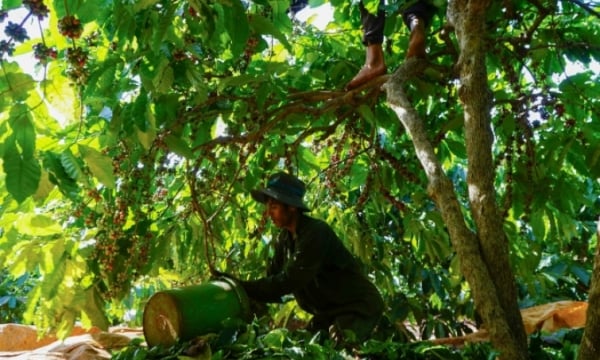
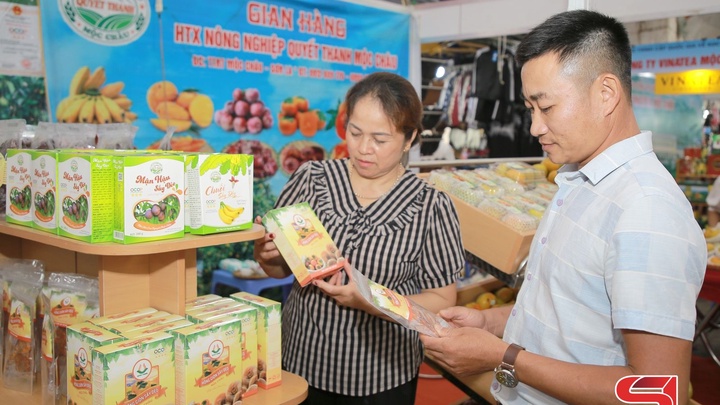

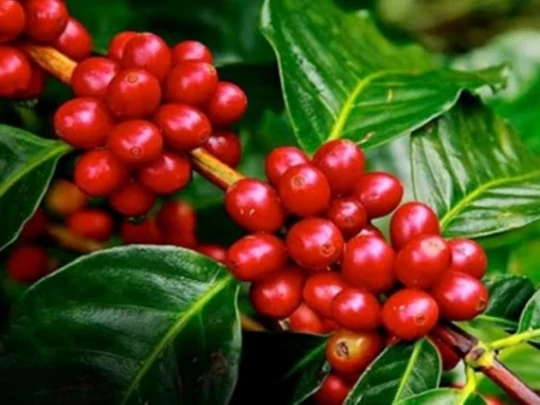

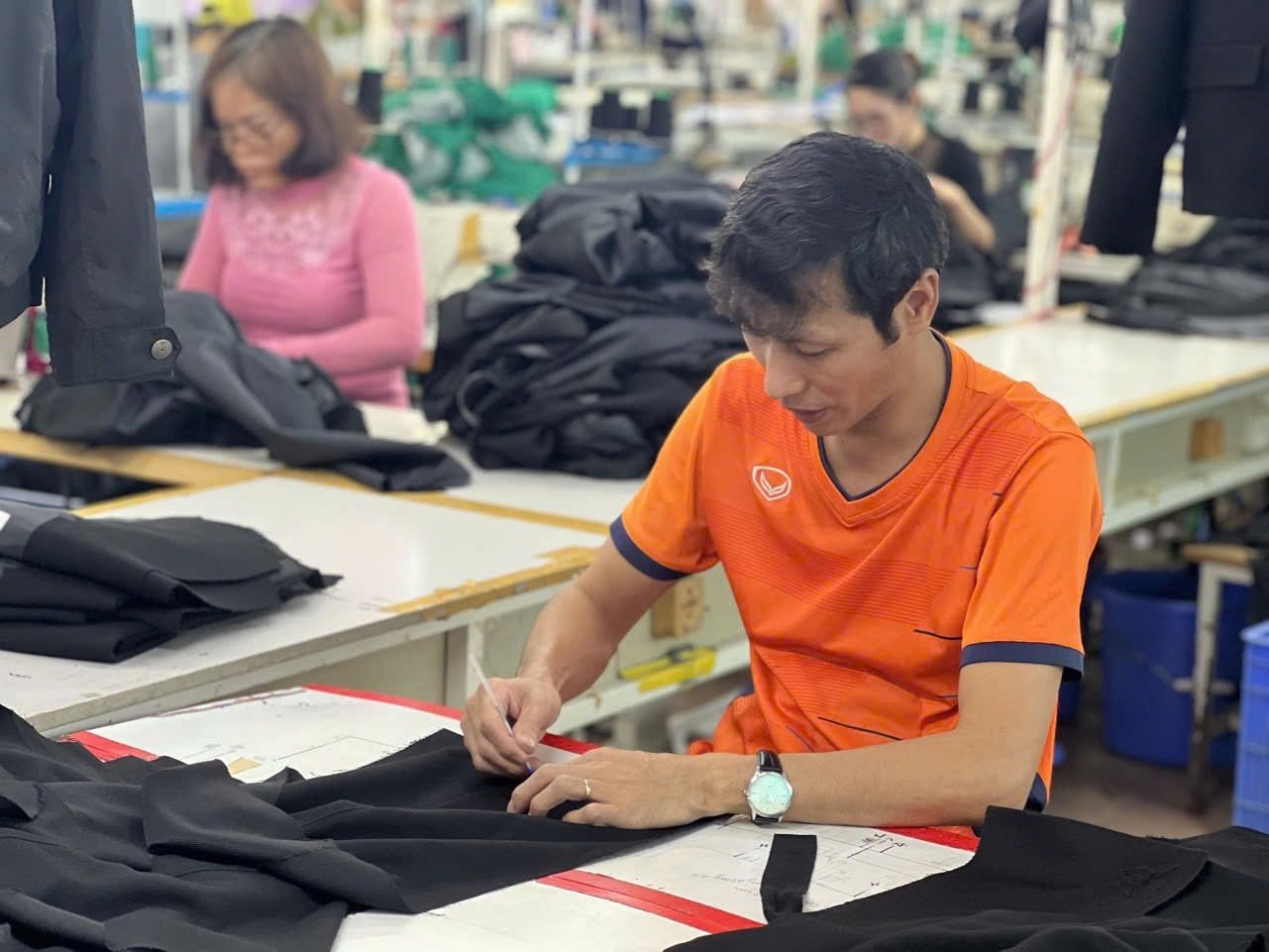
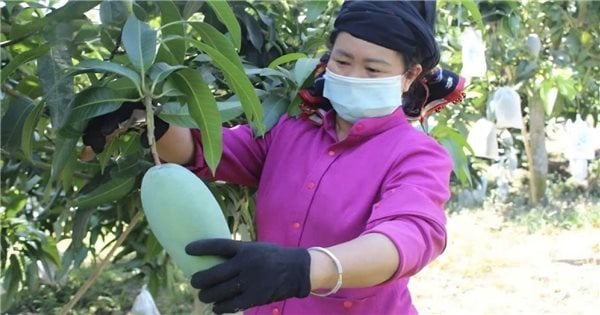

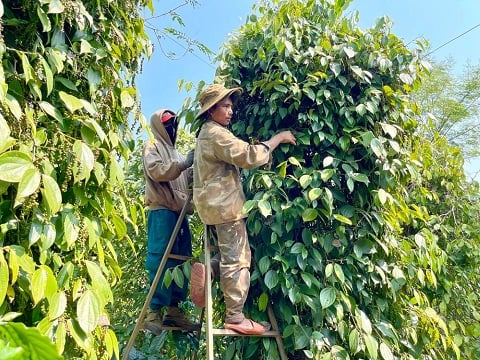
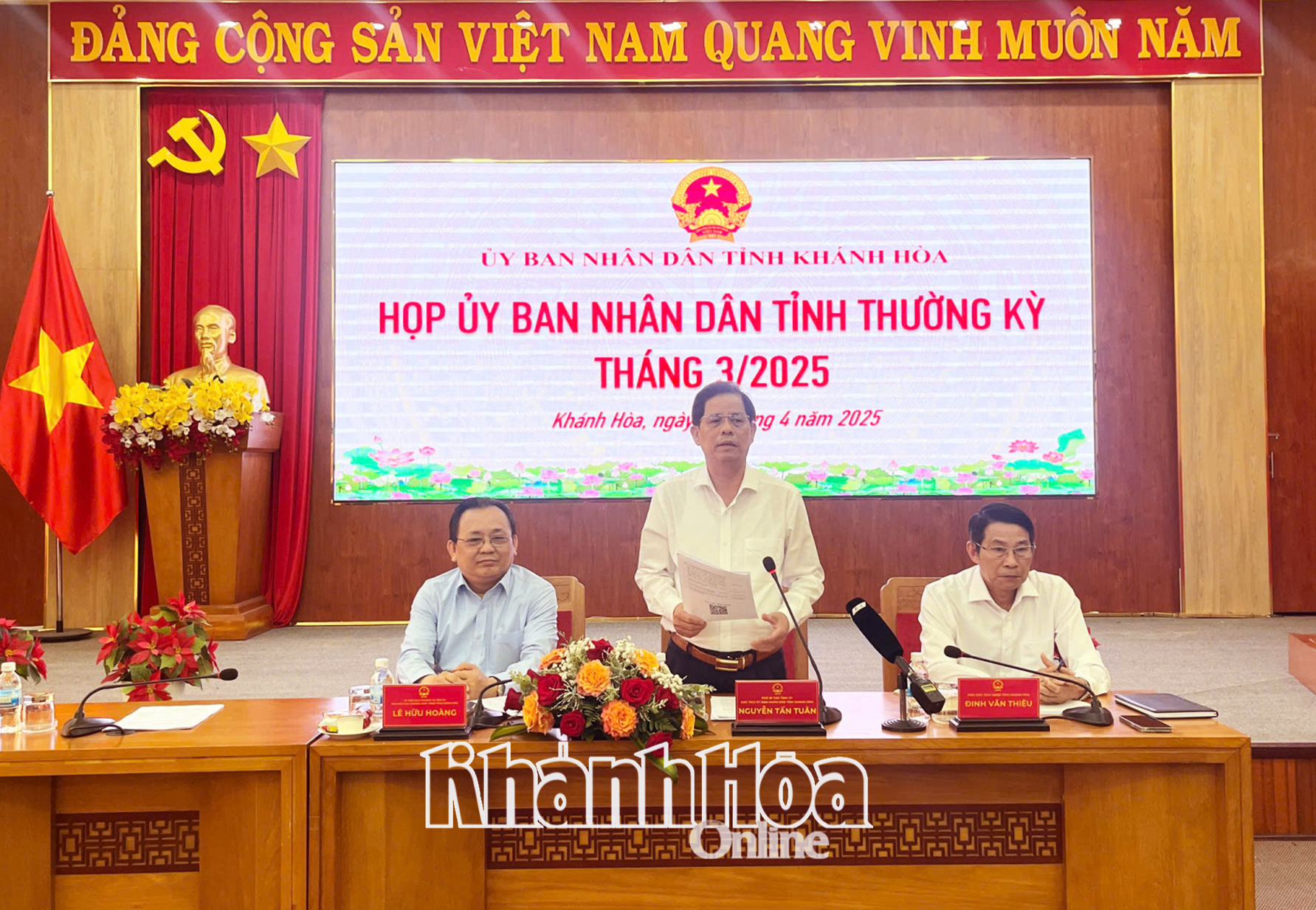
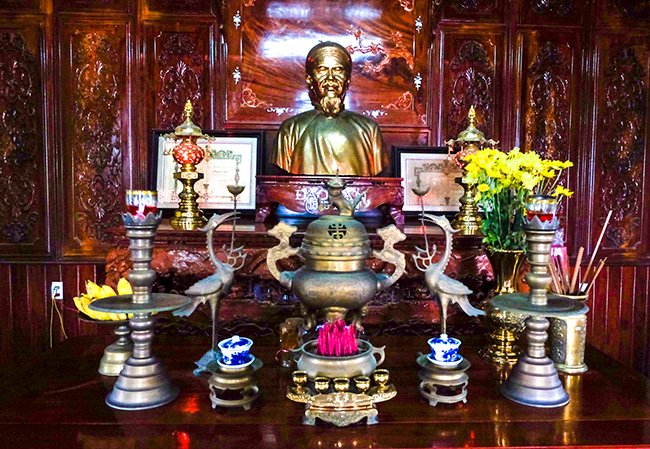

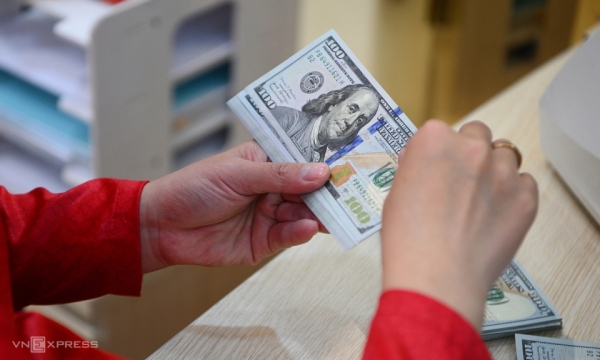
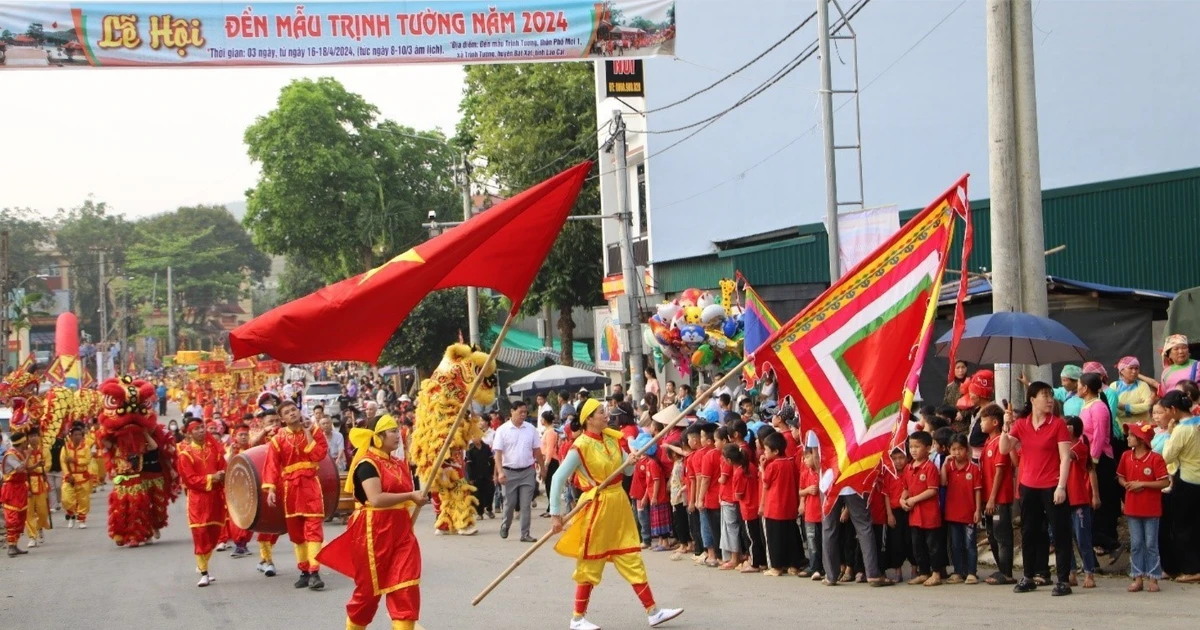
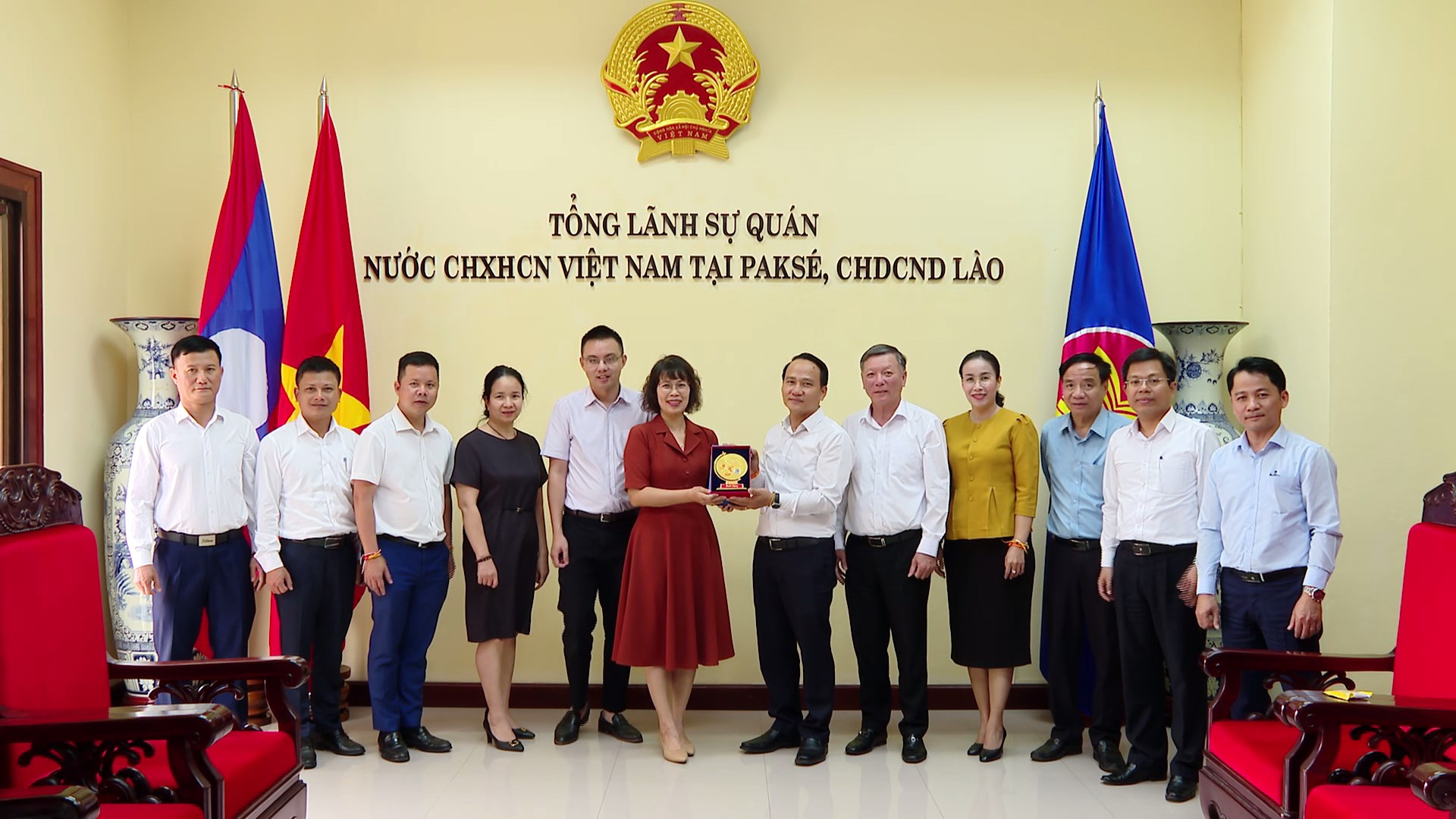




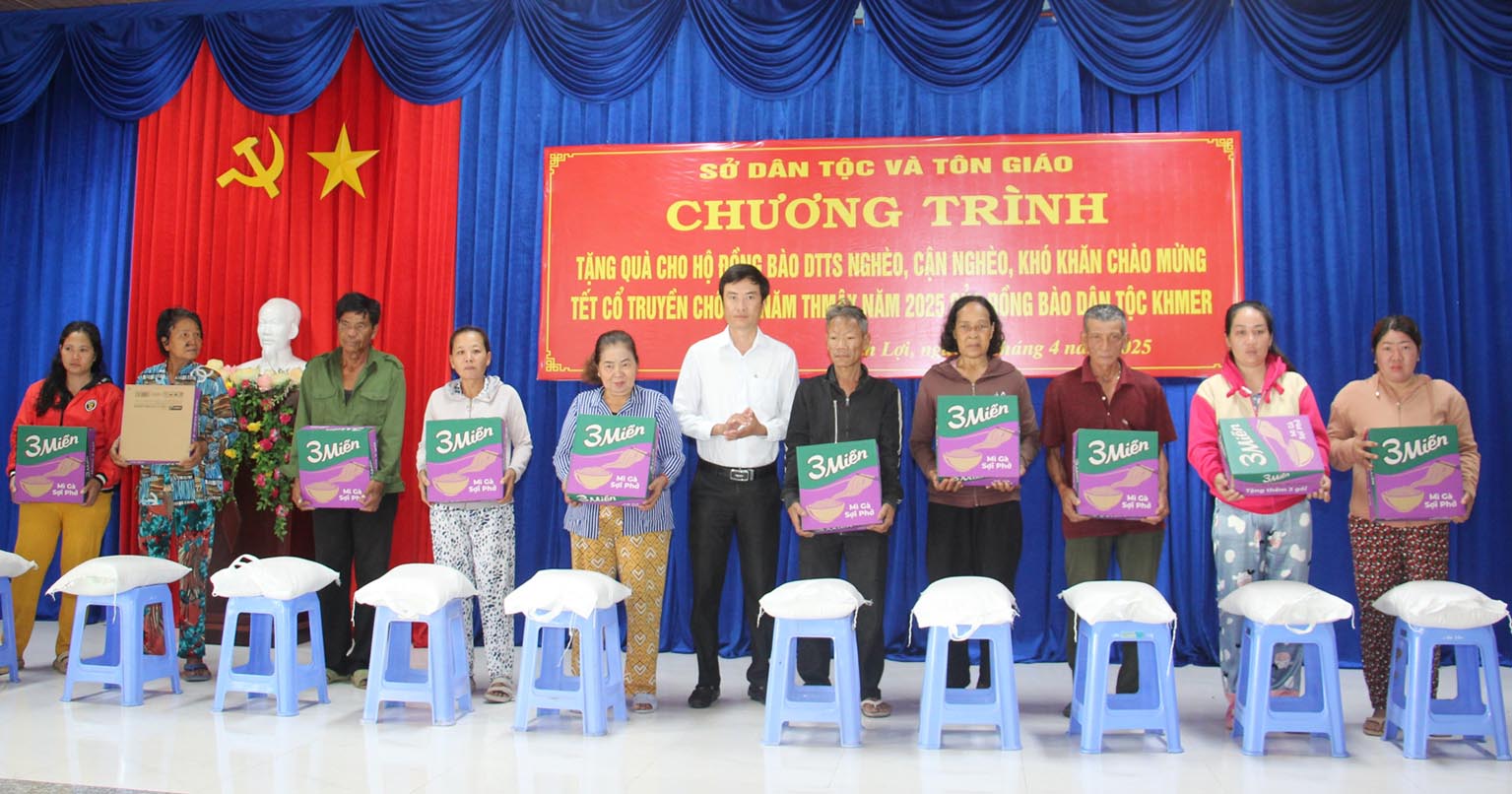
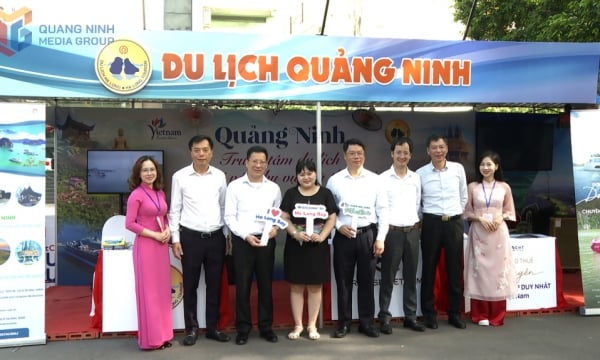
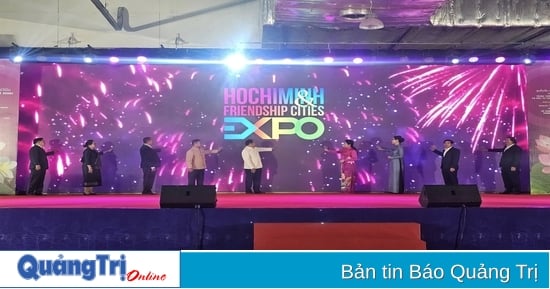
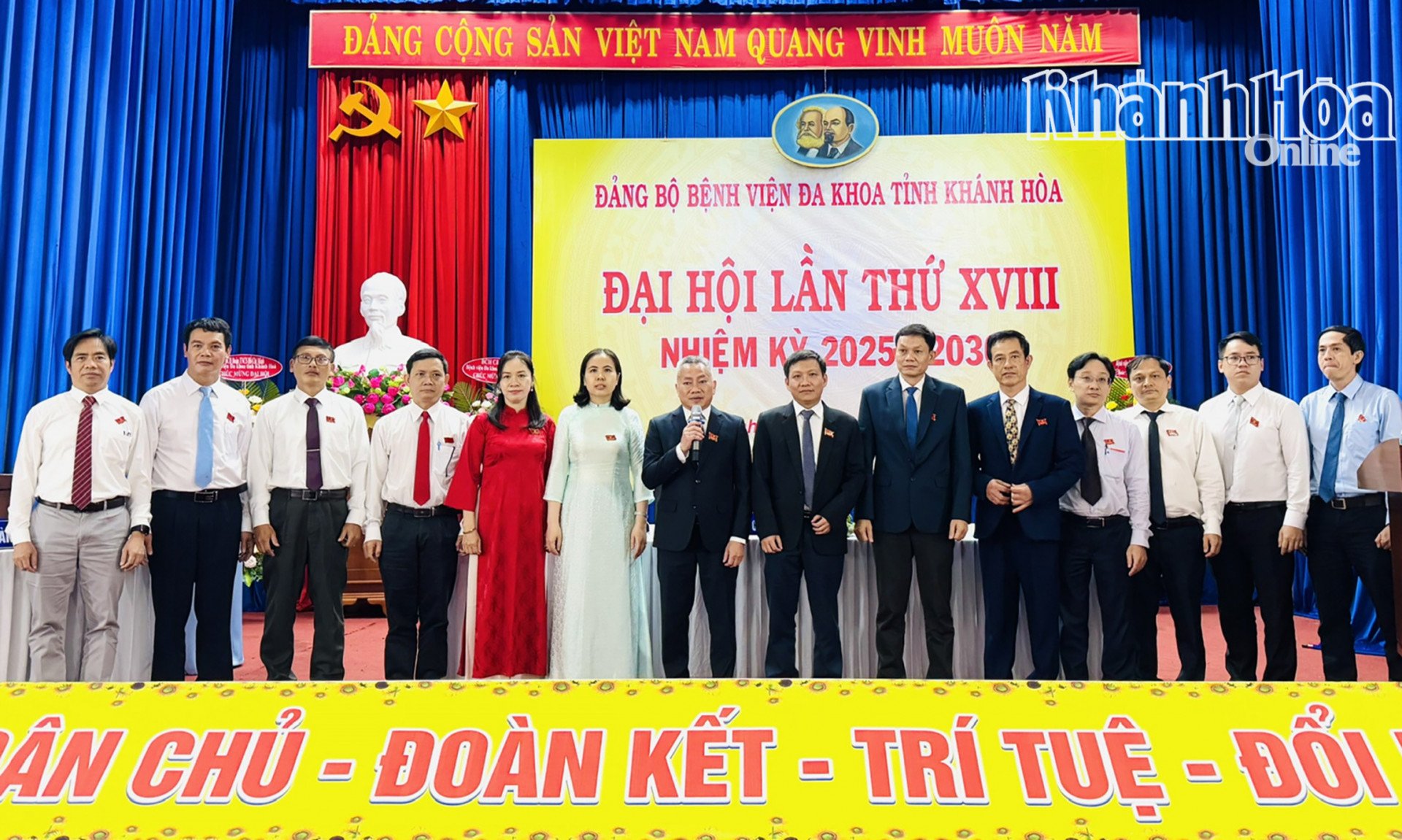
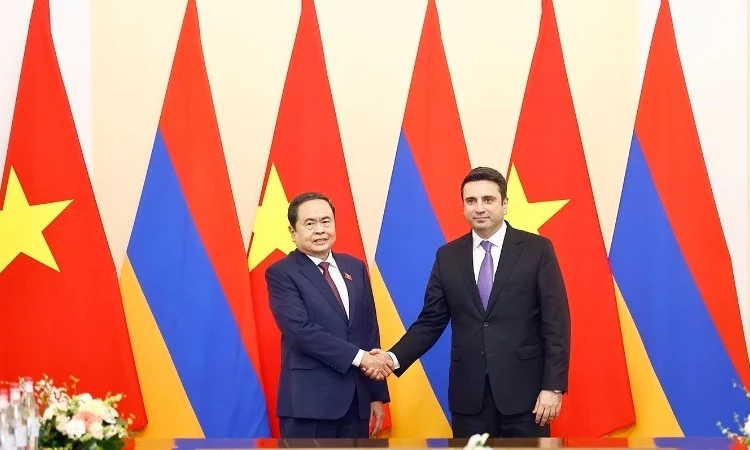
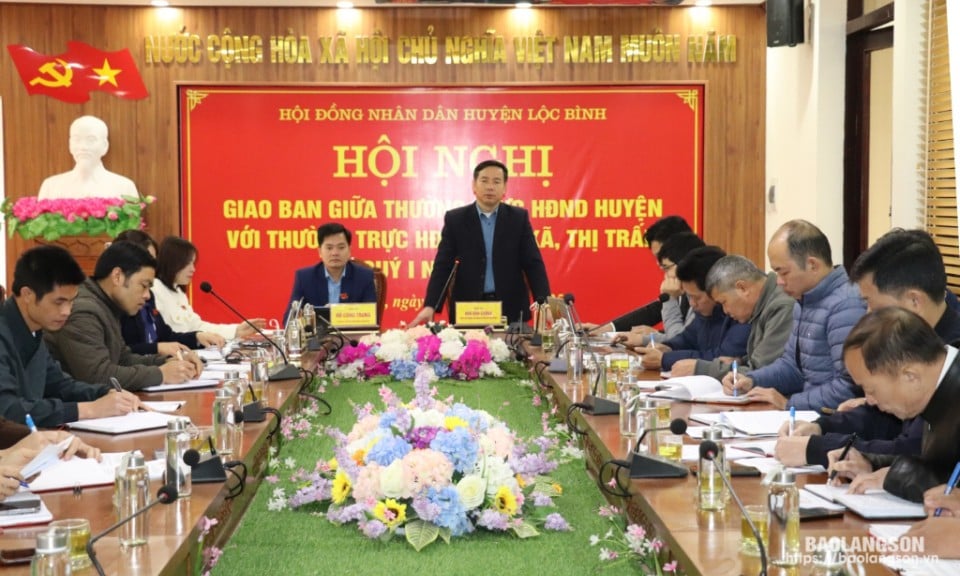



































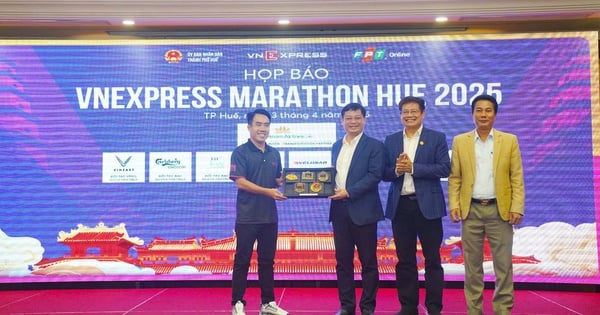








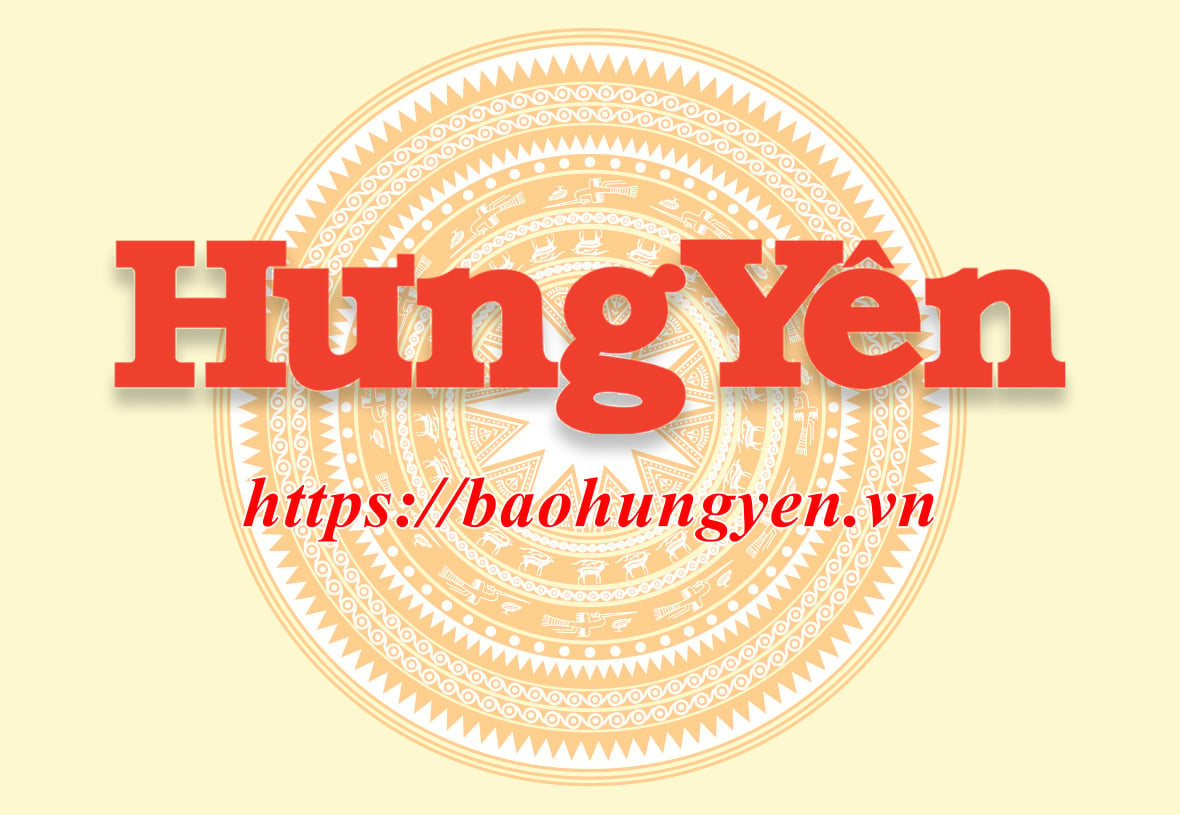

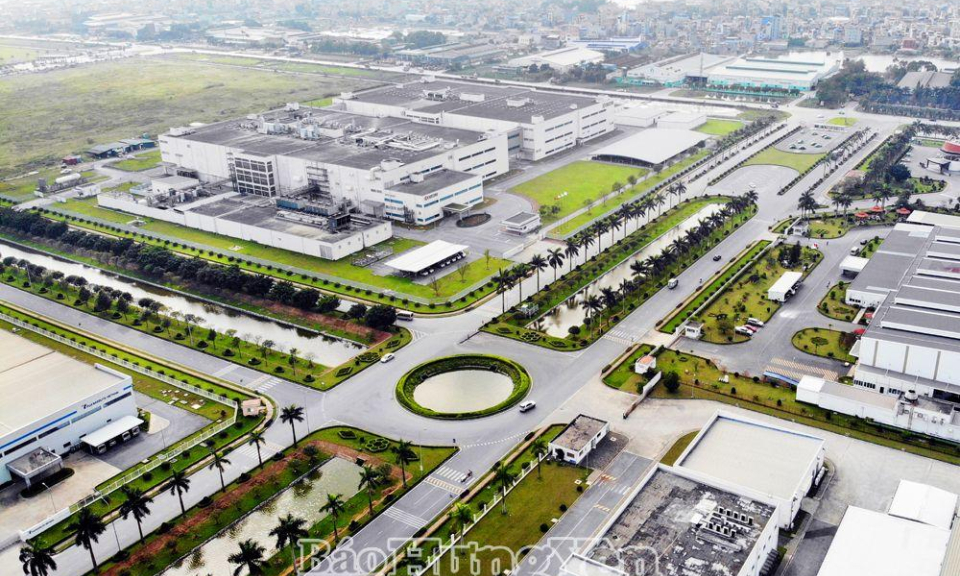












Comment (0)